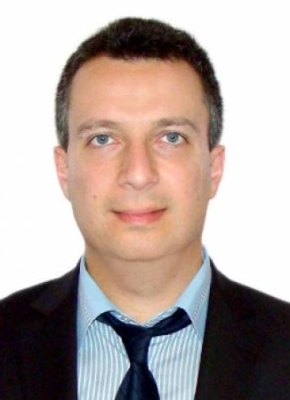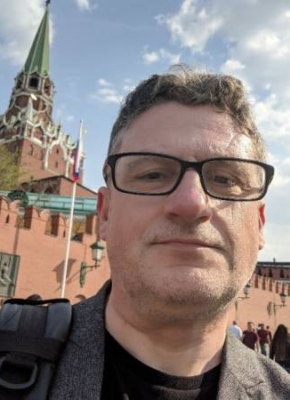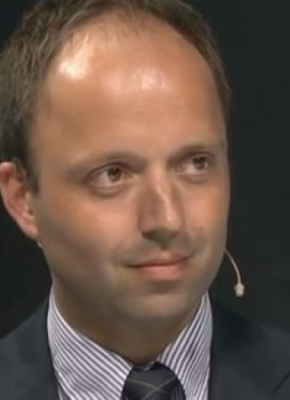ევრაზიის კონტინენტზე მიმდინარე გეოპოლიტიკურმა მოვლენებმა და შეერთებულს შტატებსა და ევროკავშირს შორის არასტაბილურმა ურთიერთობებმა მნიშვნელოვანი გამოწვევების წინაშე დააყენა ევროატლანტიკური უსაფრთხოების ლანდშაფტი და მისი ძირითადი ინსტიტუცია ნატო. რთულად პროგნოზირებადმა პროცესები ასევე გავლენას ახდენს შავი ზღვის რეგიონზე და ამ რეგიონში დასავლეთის ძირითად მოკავშირე საქართველოზე. აღნიშნულის გათვალისწინებით, საქართველოს მიზანი გახდეს დასავლური სამხედრო პოლიტიკური სამყაროს სრულფასოვანი წევრი კიდევ უფრო მეტ მნიშვნელობას იძენს. აგრეთვე მნიშვნელოვანია, მოხდეს საქართველოს გეოსტრატეგიული, სამხედრო მნიშვნელობის და რეგიონალური მნიშვნელობის შესაბამისად დასაბუთება და განმტკიცება. აღნიშნულის მისაღწევად მნიშვნელოვანია ამ საკითხის კიდევ უფრო აქტუალიზაცია, მათ შორის არსებული აკადემიური და კვლევითი რესურსების გამოყენებით.
ეს კონფერენცია განიხილავს იმ პრაქტიკულ საკითხებს, რომელიც დაკავშირებულია საქართველოს NATO-ში გაწევრების პროცესთან. კონფერენციის მონაწილეები განიხილავენ რუსეთის სამხედრო და პოლიტიკურ მიზნებს სამხრეთ კავკასიაში და შავი ზღვის რეგიონში და ისაუბრებენ ესკალაციის რისკებზე და ადრეული დეესკალაციის და პრევენციის მექანიზმებზე. დამატებით განიხილება შესაძლო სტრატეგიები, თუ როგორ უნდა განეიტრალდეს ან შემცირდეს მოსკოვის აგრესიული სამხედრო ძრახვები სამხრეთ კავკასიის რეგიონში.
კონფერენცია დაიყოფა სამ ძირითად პანელად:
- NATO-საქართველოს ურთიერთობები: წევრობა. სამხედრო მნიშვნელობა, მე-5 მუხლი.
- რუსეთი და სამხრეთ კავკასია: სამხედრო ძრახვები, ესკალაციის რისკები და დეესკალაციის გზები.
- შავი ზღვის უსაფრთხოების ასპექტები
კონფერენციის პარალელურად გაიმართება სწავლება სიმულაცია, რომელშიც მონაწილეობას მიიღებენ სტუდენტები მთელი საქართველოს მასშტაბით. ეს პროექტი შესაძლებლობას მისცემს სტუდენტებს გაიგონ, თუ როგორია რეალური გადაწყვეტილების მიღების გარემო და პროცესი რთულ სტრატეგიულ პირობებში.
საქართველოს უნივერსიტეტი უკვე მეორედ სიამაყით მასპინძლობს მსგავსი მასშტაბის საერთაშორისო ღონისძიებას და მიზნად ისახავს მაღალი ხარისხის აკადემიური დამატების და ახალი საექსპერტო ცოდნის შექმნას ევროპელი და ამერიკელი მონაწილეების ჩართულობით.






















